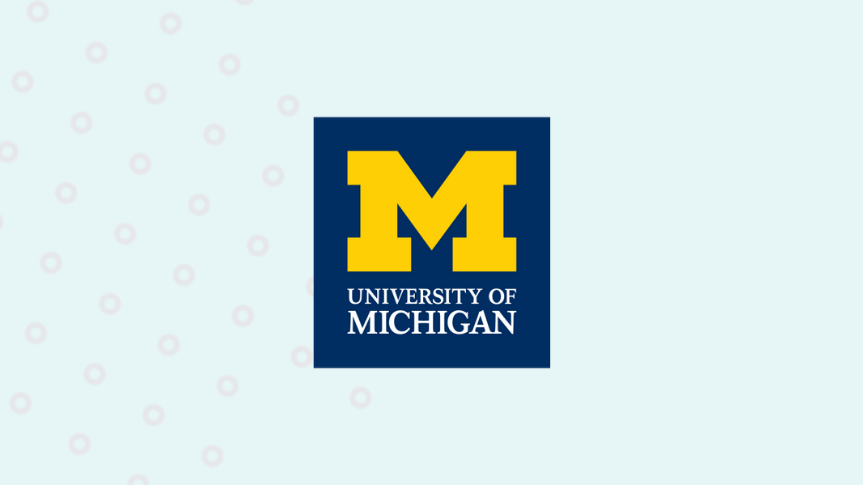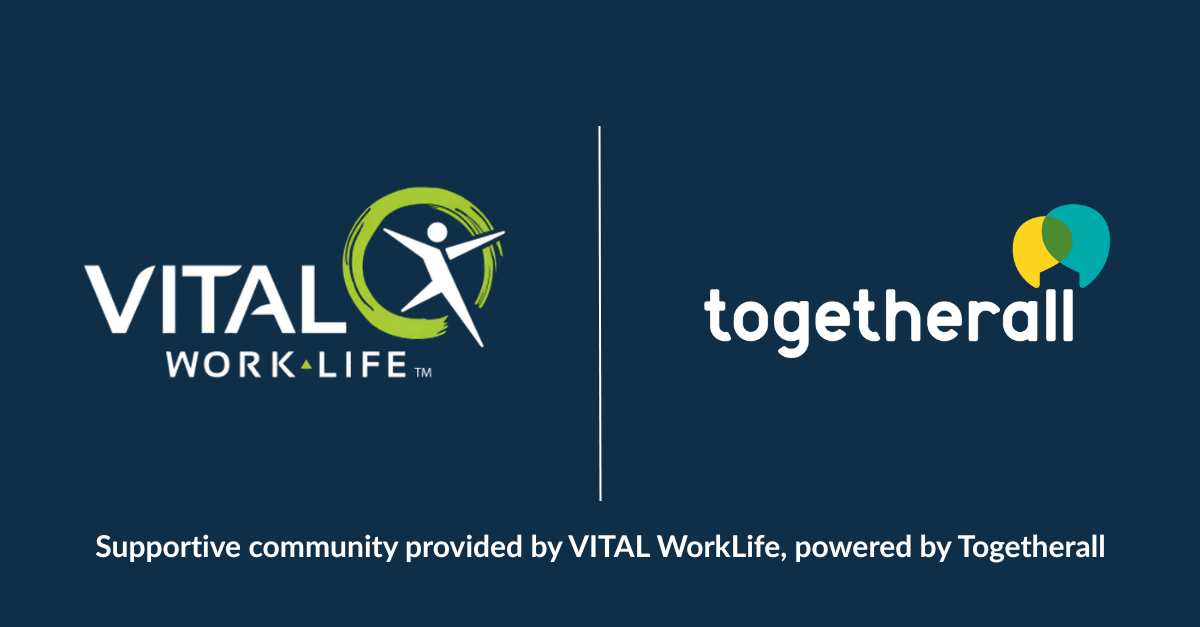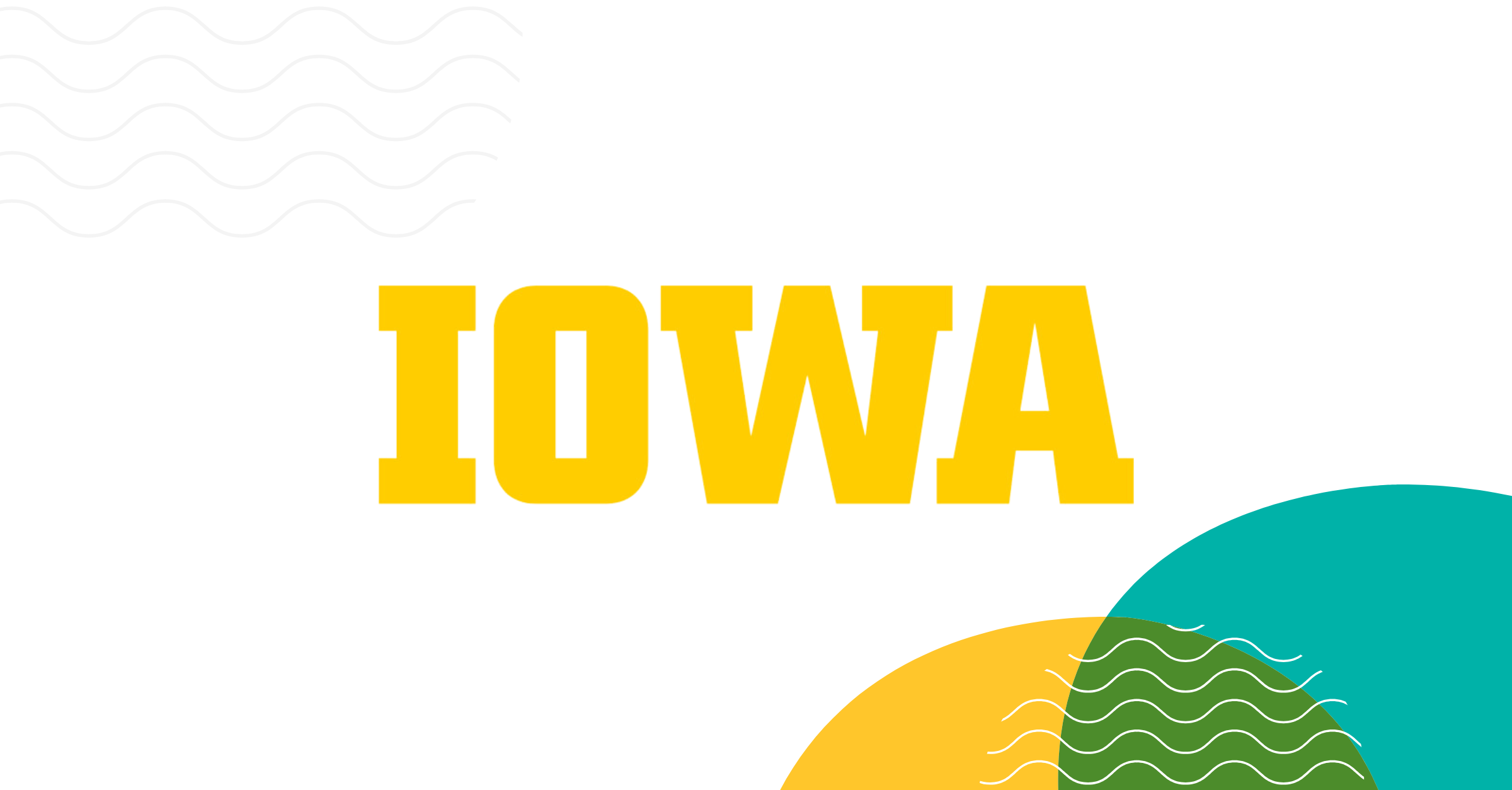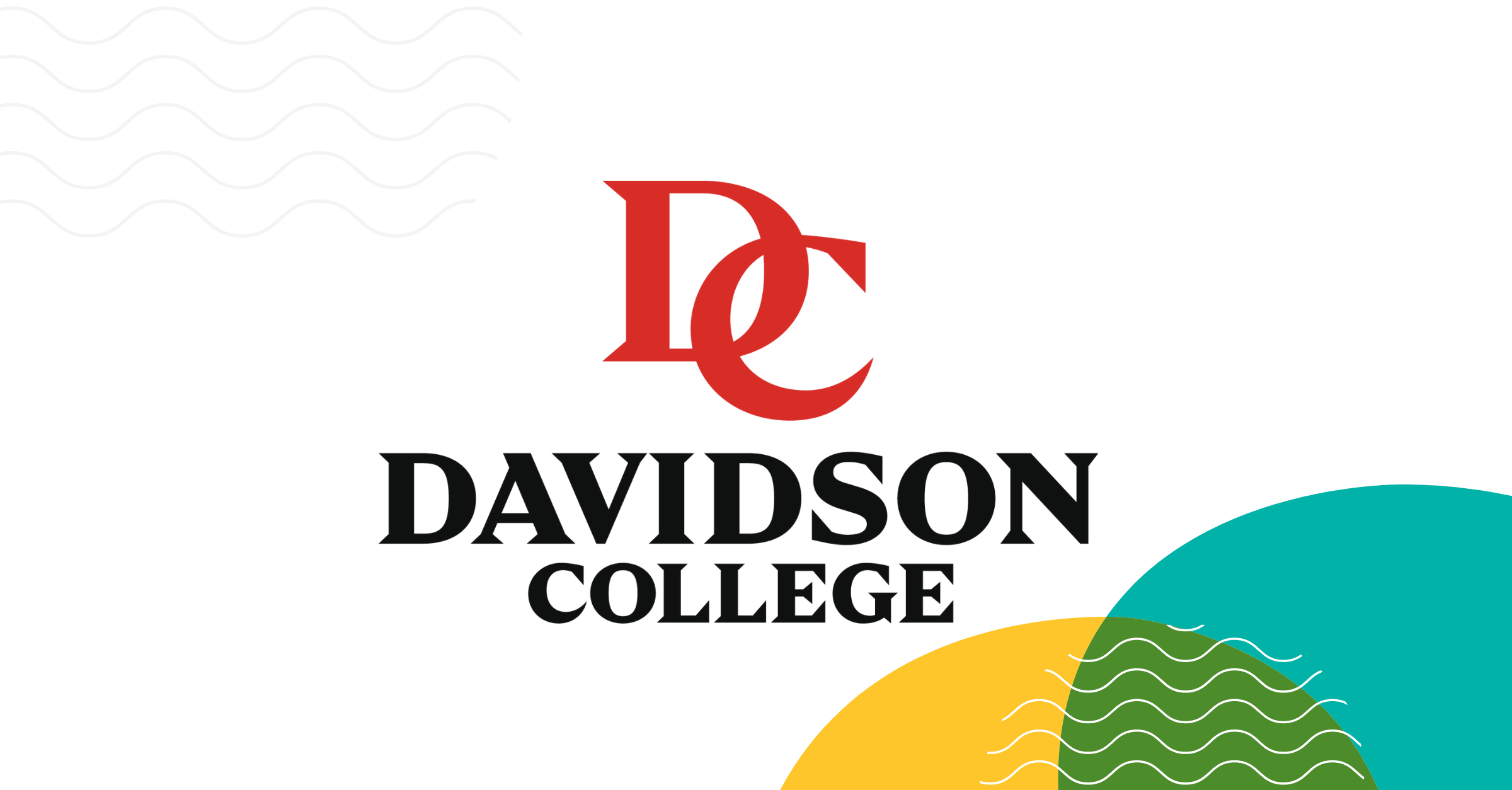University of Michigan students can now access 24/7 peer-to-peer support from Togetherall

November 10 2021
Starting on November 12, University of Michigan (U-M) students can sign up for our platform to receive and provide support through our online peer-to-peer community. The university is partnering with Togetherall as an extension of its existing relationship with ProtoCall Services, which provides after-hours counseling center coverage called CAPS After Hours.
Recognizing the need for a broad, institutional approach to meet the emerging mental health needs of students, last year, U-M’s vice president for student life and provost tasked the 12-member Student Mental Health Innovative Approaches Review Committee with exploring and recommending holistic, innovative approaches to addressing student mental health and well-being.
The committee’s report, published in August, included numerous recommendations, such as expanding peer-support programs and technology-based services. Togetherall’s emphasis on safe, online social connections as an integral part of student mental health made the platform a natural fit for U-M.
“Student well-being is foundational to academic success. A crucial piece of our students’ personal support networks are the connections they build with their peers,” said Dean of Students Laura Blake Jones. “At U-M, we are developing a comprehensive network of peer support that provides tools to help further facilitate these connections.”
Jones co-chaired the review committee with Amy Dittmar, senior vice provost for academic and budgetary affairs.
At U-M, peer-support is a fundamental part of campus-wide efforts to advance a culture of well-being. Within the past five years, U-M has introduced two peer support-based offerings for students: the Wolverine Support Network peer-led groups and one-on-one peer support counseling.
“At the University of Michigan, we have been working to foster an empathic and compassionate culture of well-being since long before the onset of COVID-19,” said Todd Sevig, director of U-M’s Counseling and Psychological Services (CAPS).
“We see Togetherall as an extension of our existing peer-support resources. Certainly, students whose feelings of isolation, depression and anxiety were heightened by the pandemic can seek solace from peers within the Togetherall community, but so too can students experiencing stress from their course load or those who are overwhelmed by their work-life balance.”
U-M’s partnership with Togetherall provides a space for undergraduate, graduate and professional students alike to harness the power of peer connections and seek support, Sevig said. The online platform’s user anonymity can also help reduce barriers to seeking help that may exist for some students.
“Students who are currently feeling isolated, depressed and anxious may find it challenging to reach out to CAPS or other campus resources and verbally express their need for support. The normalization of the underlying issues that can cause these feelings, and that occurs through anonymous sharing on the platform, is unmatched,” Sevig said.
To further improve student well-being on campus, the University of Michigan recently adopted the Okanagan Charter and joined the United States Health Promoting Campuses Network, a cohort of seven U.S. universities committed to becoming health-promoting institutions. The Okanagan Charter: An International Charter for Health Promoting University and Colleges calls on post-secondary schools to embed health into all aspects of campus culture and to lead health-promotion action and collaboration locally and globally.
“We knew a strong partnership between Student Life and Academic Affairs was critical to meeting the aspirational goal of becoming a health-promoting campus,” said Dittmar, who co-chaired the review committee with Jones. “Similar to how no one tool alone can meet our students’ varied mental health needs, we recognized no one unit had all the resources required to meet this challenge.”
“There’s no denying the growing mental health needs on college campuses, and the University of Michigan’s multi-pronged approach is exactly what is needed to address heightened anxiety, stress, isolation and depression caused by more than a year and a half of disruption,” said Matthew McEvoy, Senior Vice President and General Manager of Togetherall in North America.
“Togetherall is proud to be a resource for U-M students but also acknowledges that we alone will not solve this very real problem. We commend U-M leaders for being proactive in calling for increased and continuous mental health support that reaches students wherever they are, and for thinking creatively to deliver viable solutions.”
The effectiveness of the Togetherall community is further demonstrated by recent growth.
Over the course of the 2020-2021 academic year, the number of student members in North America nearly doubled, with a corresponding increase in frequency of use. In a recent survey of Togetherall members, nearly 80% of students indicated that their main reason for joining was feelings of depression, and 70% cited feelings of anxiety. More than one-third of surveyed students reported that Togetherall is the only mental health support they are using, including from loved ones. Survey data also reflected the diversity of students using Togetherall, with 46% identifying as BIPOC and 5% or registered users identifying as trans or non-binary.
Find out more
U-M is the second higher-education institution in Michigan to partner with Togetherall. Worldwide, Togetherall is available to more than 2.5 million students, with thousands of new members registering each month. Contact us to find out more.








